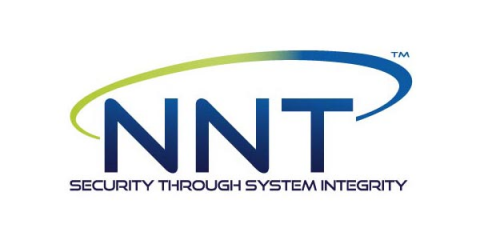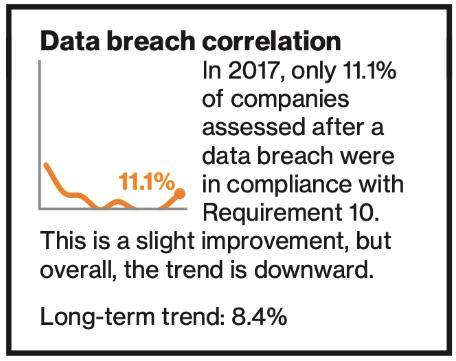10 of the Most Significant Ransomware Attacks of All Time
For years, ransomware actors have developed new families and attack campaigns in increasing frequency and numbers. Such activity peaked in 2017 but then fell in tandem with cryptocurrency miners’ rise. This development was short-lived, however. Between Q4 2018 and Q1 2019, Malwarebytes observed a 195 percent increase in ransomware detections involving business targets. The rate was even greater compared to Q1 2018 at 500 percent.







